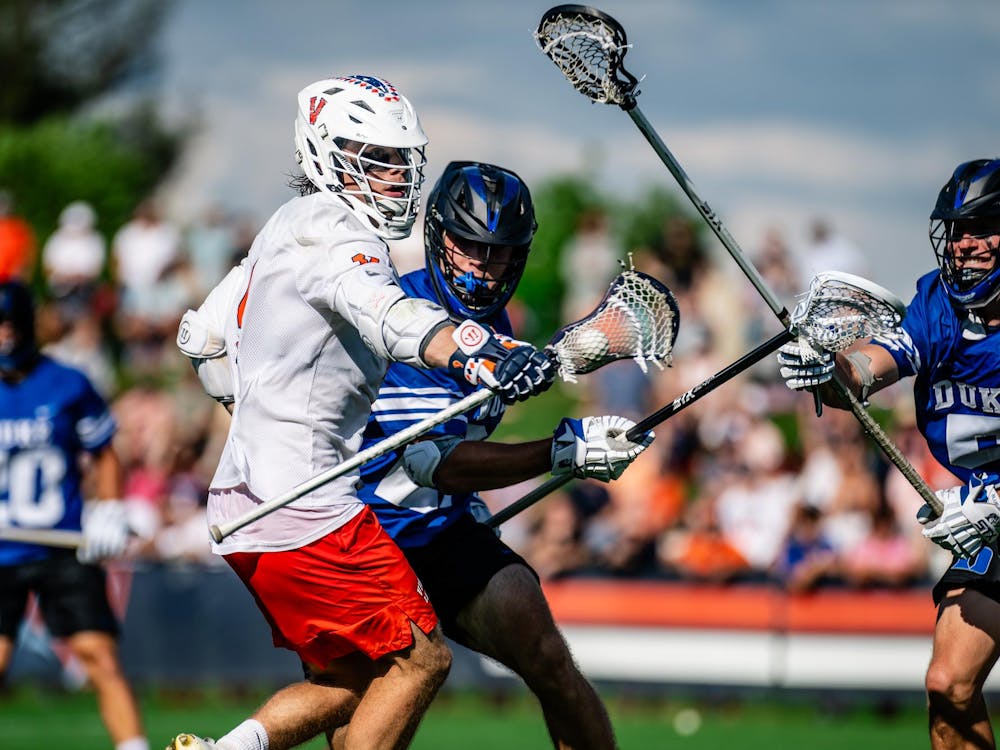It has been five years since Andy Roddick won the 2003 U.S. Open, the last time an American won a men's tennis Grand Slam title. The trend of foreign dominance in professional tennis has also trickled down somewhat to the college ranks, including to the Virginia men's tennis team.
In about a month, the top-ranked Cavaliers will begin their quest for a national championship, relying heavily on talent from abroad. Four of Virginia's top six spots are regularly filled by players who were born outside the United States: seniors Somdev Devvarman (Chennai, India) and Teddy Angelinos (Athens, Greece), junior Dominic Inglot (London, England) and freshman Sanam Singh (Chandigarh, India).
Coach Brian Boland noted that recruiting international talent does not differ significantly from the process of recruiting American students.
"I go through the whole process, A to Z, in terms of making the initial contacts and learning as much as you can," Boland said. "We visit them, bring them over. In that case it makes it more difficult because they are further away, but you still need to make sure you know what you are getting into."
As a result, the potential challenge of recruiting the talent of reigning national champion Devvarman proved relatively simple.
"Coach Boland just knew my results and recruited me," Devvarman said. "I came for a recruiting visit over here and fell in love with it. There was no other place I was going to go."
The extra effort to recruit international talent seems to have paid off for the Cavaliers. Devvarman fills the No. 1 singles spot, half of the No. 1 doubles position and has registered a 35-1 singles record, ranking first in the country every week this season. Angelinos, last year's ACC Tournament MVP, meanwhile, anchored the back of the lineup all season, finishing 19-0 in dual singles matches.
Though Inglot, ranked No. 9 in the nation, has struggled recently, he still has managed a 20-9 singles record at either the No. 2 or 3 singles position. No. 125 Singh has played well all season in his first year in Charlottesville, finishing with a singles record of 26-5, including 22-2 in dual matches.
Once in Charlottesville, these players seem to face more challenges off the court rather than on it, as they seek to adjust to American culture. Teammates, Devvarman noted, can be a great source of support.
"Tennis came easy," Devvarman said. "I was always around good players and good guys. That being said, the guys on the team made the cultural change for me a lot easier. I started to get to know the place a lot better, and I was happy from the get-go."
In building Virginia tennis into the program it is today, Boland has worked to recruit the right type of player to fit the environment he has created, whether that player is American or foreign.
"We've been fortunate over the years that so many of these young men just fit right in," Boland said. "I think it's a lot to say for the guys who have already been here. We've had a strong foundation that has been able to carry over and make that transition a lot easier"






